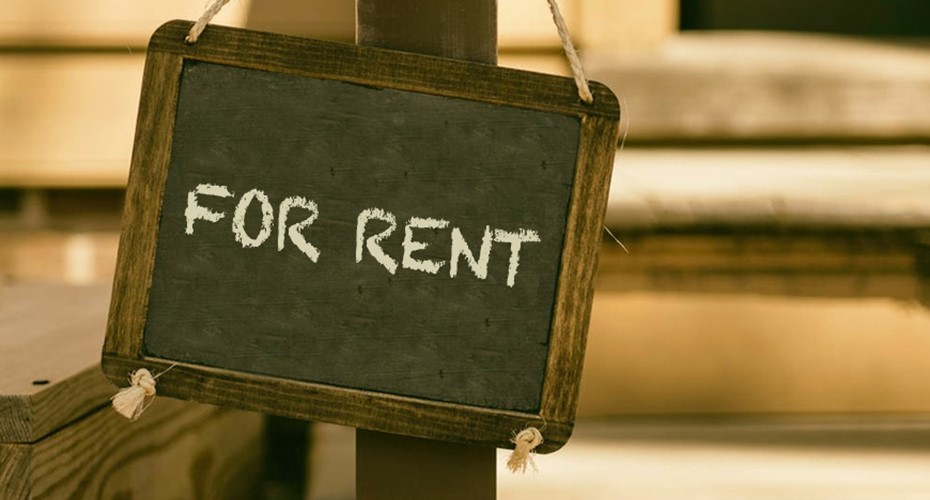Renting versus buying first home

Does it make sense to keep renting, or are you in a position to buy?
Buying your first home will almost always make better sense than renting. That is unless you live with five other flatties, eat baked beans, and have a communal shower. Those are hard economics to beat under any scenario!
When weighing up the decision to buy or rent, first home buyers often overlook the impact of inflation over time. In the long run property prices increase, even if only due to inflation. In New Zealand, the headline ("reported") inflation rate runs at about 2%. Historically, property prices have increased at a faster rate than this, but there is vociferous debate about whether these sorts of increases are sustainable.
For the purposes of this post we have used an assumption that property prices increase at 3% per year, which I think is reasonable in the long run. Naturally, if property prices go up by 3% per year then a tenant should expect his or her rent to go up by 3% per year – in line with property values.
So, first point is that rents go up over time.
The difference for a homeowner is that the mortgage doesn’t increase year-to-year. The mortgage also includes principal repayment so there is an element of forced saving too. To make a simple comparison with renting we need to look at the "real" cost of ownership. The cost of ownership will include mortgage interest as well as rates and insurance. I’m loathed to include maintenance because we’re not including the benefits of being able to make improvements to a property you own. The nuance for any comparison is that the mortgage interest should be net of any increase in the property value.
In other words take a mortgage rate of say 7.5% and subtract 3% to reflect the long-term annual change in property value. The remaining 4.5% reflects the true net cost of the mortgage. To rent a $380,000 house is about $420 per week. To own that same house you'd be looking at $493 mortgage interest + $50 rates and insurance - $219 for long-term price appreciation = $324.
In highly-desirable suburbs there is more potential for house inflation and therefore the real mortgage cost is lower (7.50% to 5%). In less desirable suburbs, if prices are falling, then clearly renting makes sense – at least until prices stabilise.
The only time I'd rent? If I thought property prices were going to fall, or if property inflation was to run at 0% for a long period of time. However, even this is missing a key point. Market statistics about house prices are averages. They lag what is happening in the market. If I can buy a house now at a price 20% lower than what it sold for in 2006, then that is a great buy and yet reported market prices haven't fallen yet! I guess in a perfect world you'd sell your house just before a market correction, rent for a few years and buy back into the market once prices have dropped. If only we were all that smart.
Receive updates on the housing market, interest rates and the economy. No spam, we promise.
The opinions expressed in this article should not be taken as financial advice, or a recommendation of any financial product. Squirrel shall not be liable or responsible for any information, omissions, or errors present. Any commentary provided are the personal views of the author and are not necessarily representative of the views and opinions of Squirrel. We recommend seeking professional investment and/or mortgage advice before taking any action.
To view our disclosure statements and other legal information, please visit our Legal Agreements page here.

